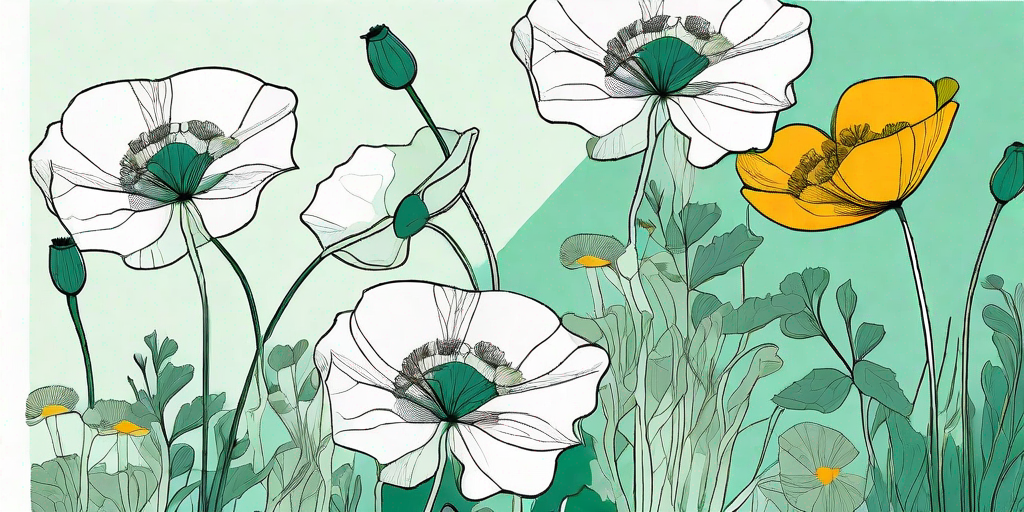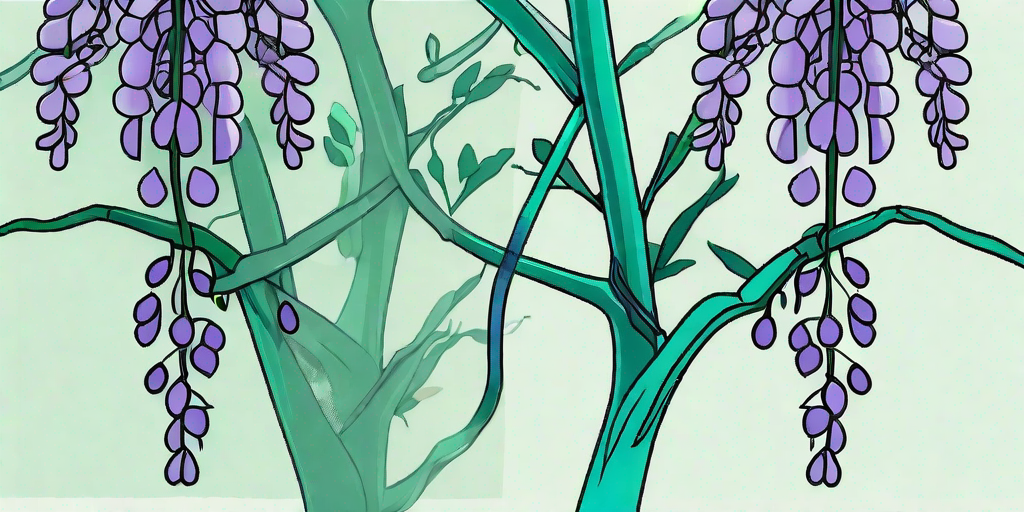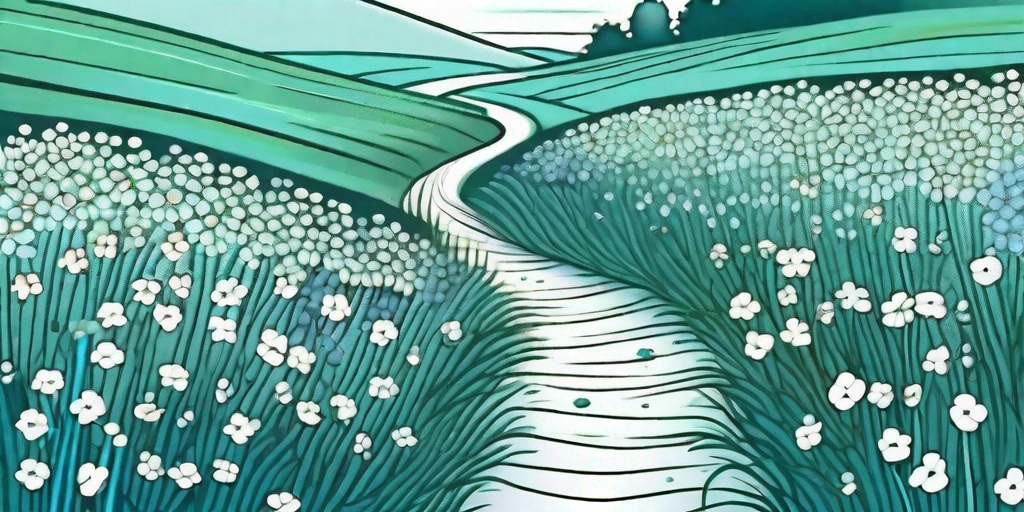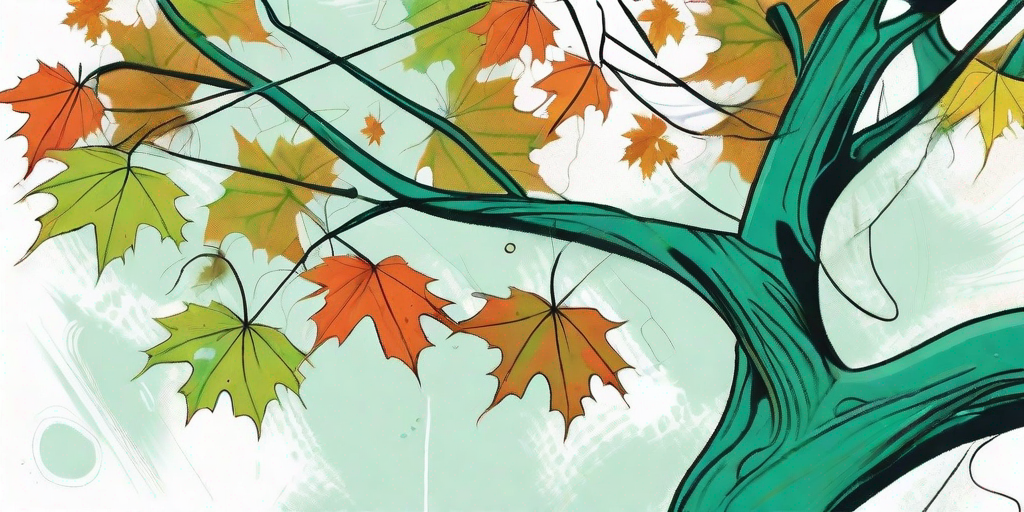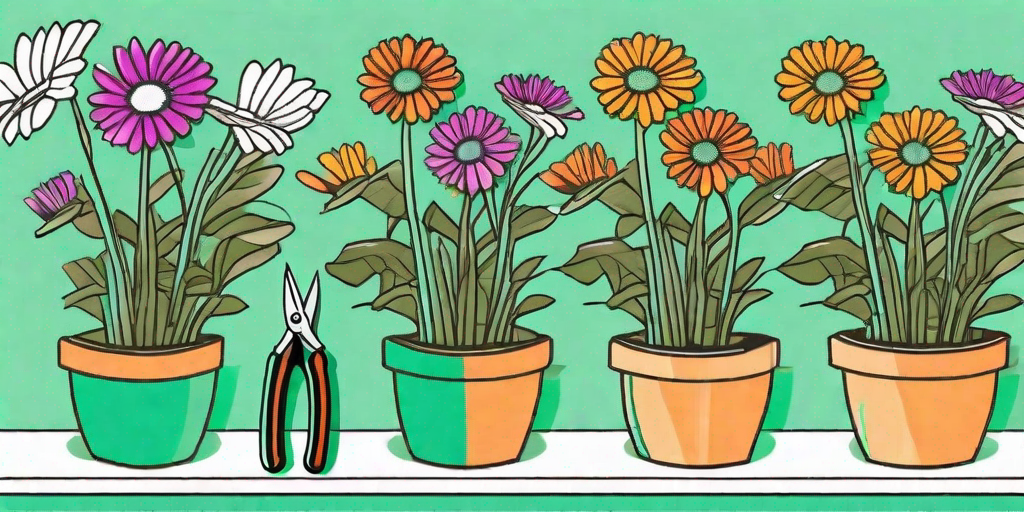
Welsh poppies, or Meconopsis cambrica if you want to get technical, are a vibrant and enchanting addition to any garden. With their cheerful yellow or orange petals and delicate, fluttering leaves, these hardy perennials are a sight to behold. But there's more to these floral delights than meets the eye. So, grab your gardening gloves, a cup of tea, and let's delve into the world of Welsh poppies.
The History and Symbolism of Welsh Poppies
Origins and Historical Significance
Welsh poppies are native to Western Europe, particularly Wales, hence the name. They've been gracing the Welsh countryside with their sunny presence for centuries, and have become a beloved symbol of the region. But these poppies aren't just pretty faces. They've played a significant role in folklore and medicine too.
In traditional medicine, Welsh poppies were used to treat a variety of ailments. The seeds were often used in poultices to heal bruises and inflammations. While we wouldn't recommend trying this at home, it's a fascinating glimpse into the past uses of these beautiful flowers.
Symbolism
Like many flowers, Welsh poppies carry a wealth of symbolism. They're often associated with sleep and peace, likely due to the sedative properties of some poppy species. In a more modern context, they've become a symbol of remembrance for fallen soldiers, particularly in the UK.
But let's not get too somber. In your garden, these vibrant flowers can symbolize anything you want them to. Joy, sunshine, a love for all things Welsh - the choice is yours!
Cultivating Welsh Poppies: A How-To Guide
Choosing the Perfect Spot
Welsh poppies aren't too fussy about where they grow, but they do have a few preferences. They love a bit of shade, so consider planting them under trees or shrubs. They're also fans of moist, well-drained soil. So, if your garden is more swamp than soil, you might want to reconsider.
Once you've found the perfect spot, it's time to get planting. Welsh poppies are usually grown from seeds, which can be sown directly into the soil. Just make sure to give them plenty of space to grow and spread.
Caring for Your Welsh Poppies
Once your poppies are in the ground, they're pretty low maintenance. They're hardy plants that can withstand a bit of neglect. But if you want to keep them looking their best, there are a few things you can do.
Firstly, keep the soil moist, but not waterlogged. Overwatering can lead to root rot, which is as nasty as it sounds. Secondly, deadhead your poppies regularly. This encourages new blooms and keeps the plant looking fresh and vibrant. And finally, don't be afraid to divide your poppies if they're getting too crowded. They'll thank you for it in the long run.
Welsh Poppies in Your Garden Design
Companion Planting
Welsh poppies play well with others, making them a great choice for companion planting. They look particularly striking when paired with plants that contrast their bright, sunny colours. Think deep purples, blues, and greens.
Some great companions for Welsh poppies include hostas, ferns, and other shade-loving plants. Just remember to give everyone enough space to grow and thrive.
Creating a Poppy-Filled Paradise
If you're a true poppy enthusiast, why not create a garden dedicated to these floral delights? You can mix and match different poppy species, creating a sea of vibrant colours and textures. Just imagine a garden filled with the sunny yellows of Welsh poppies, the deep reds of Oriental poppies, and the delicate pinks of Iceland poppies. It's enough to make any gardener's heart flutter!
Of course, creating a poppy paradise takes time and patience. But with a bit of planning and care, you can create a garden that's a true testament to these beautiful flowers.
FAQs
- Are Welsh poppies easy to grow?
Yes, they are! Welsh poppies are hardy plants that can thrive in a variety of conditions. They're a great choice for beginner gardeners.
- Can Welsh poppies be grown in pots?
While they prefer to be in the ground, Welsh poppies can be grown in pots. Just make sure the pot is deep enough to accommodate their roots, and that it has good drainage.
- Do Welsh poppies come back every year?
Yes, they do. Welsh poppies are perennials, which means they'll come back year after year. They also self-seed, so you can expect new plants to pop up in unexpected places!
Conclusion
Welsh poppies are a delightful addition to any garden. With their vibrant colours, rich history, and easy-care nature, they're a joy to grow and behold. So why not give them a try? Your garden (and your soul) will thank you.
And remember, gardening is all about experimentation and fun. So don't be afraid to get your hands dirty and let your creativity bloom. Happy gardening!



